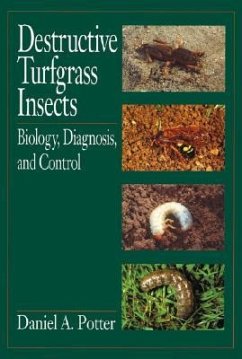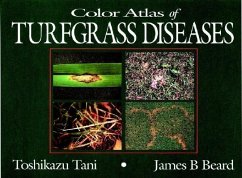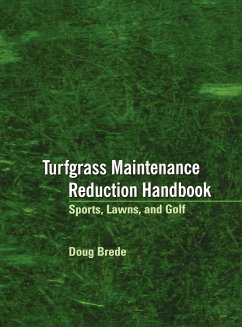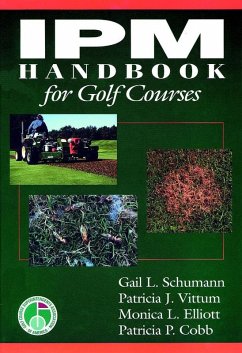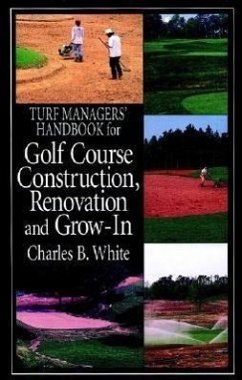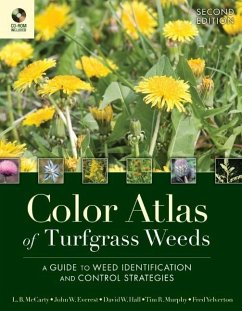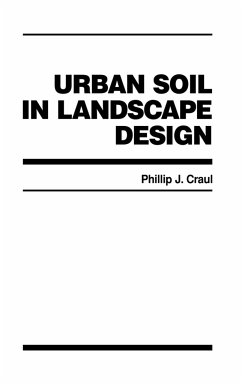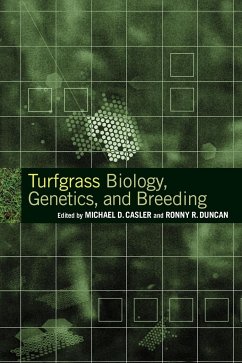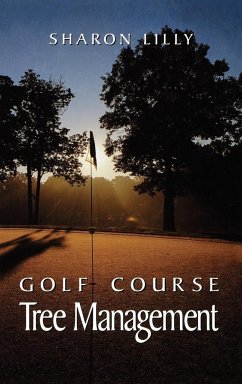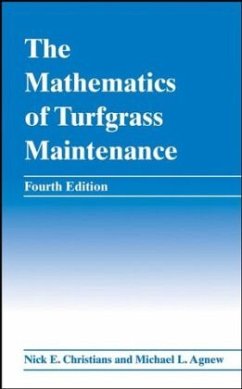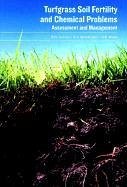
Turfgrass Soil Fertility & Chemical Problems
Assessment and Management
Versandkostenfrei!
Versandfertig in über 4 Wochen
134,99 €
inkl. MwSt.

PAYBACK Punkte
67 °P sammeln!
Turfgrass Soil Fertility and Chemical Problems is the best single-source, practical management tool that will help you overcome every fertility management challenge you face! Turfgrass Soil Fertility and Chemical problems will: * Help you pinpoint the effectiveness of fertilizer programs to ensure turfgrass quality, water quality, and environmental integrity * Help you understand a multitude of turfgrass species and cultivars and their complex nutrient responses or requirements * Explains site-specific fertilization, covering issues such as establishment on poor quality soils and the use of lo...
Turfgrass Soil Fertility and Chemical Problems is the best single-source, practical management tool that will help you overcome every fertility management challenge you face! Turfgrass Soil Fertility and Chemical problems will: * Help you pinpoint the effectiveness of fertilizer programs to ensure turfgrass quality, water quality, and environmental integrity * Help you understand a multitude of turfgrass species and cultivars and their complex nutrient responses or requirements * Explains site-specific fertilization, covering issues such as establishment on poor quality soils and the use of low-quality irrigation water * Show you how fertilization is important for environmental, traffic, and stress tolerance, as well as recovery * Show you how to apply the interpretation of soil, tissue, and water-quality test information in the development of fertilization regimes



